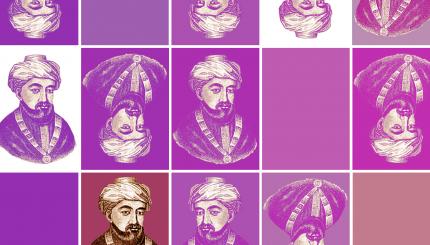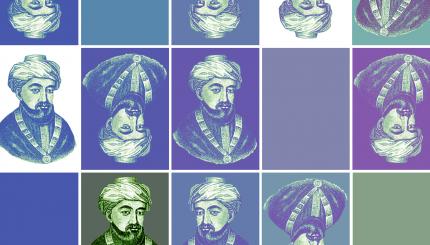Bahya Ben Joseph Ibn Pakuda, also known as Behay and Bahie, was an 11th century Spanish rabbi and philosopher.
Beyond his written works, little is known of his life, except that he served as a rabbinical court judge.
Bahya was the author of the first Jewish treatise on ethics, written in Arabic in 1040 and titled Al Hidaya ila Faraid al-Kulub (Guide to the Duties of the Heart.) In the introduction to this work, Bahya wrote that neither the Talmudists nor the Jewish philosophers had brought the ethical teachings of Judaism into a cohesive system. An English translation of this work can be found here.
Bahya’s writings reflect his deep knowledge of both Jewish rabbinical and philosophical writings as well as philosophical and scientific Arabic literature. The Guide to the Duties of the Heart was intended to be, and became, a popular book among the Jews throughout the world, and parts of it were recited in prayer services during the High Holidays.

Help us keep Jewish knowledge accessible to millions of people around the world.
Your donation to My Jewish Learning fuels endless journeys of Jewish discovery. With your help, My Jewish Learning can continue to provide nonstop opportunities for learning, connection and growth.
The Guide is divided into 10 sections called “gates,” corresponding to the 10 fundamental principles that, according to Bahya, make up a person’s spiritual life:
- Monotheism, and belief in God
- Gratitude toward God
- Worship/prayer
- Trust in God
- Avoidance of hypocrisy
- Humility
- Repentance
- Self-examination/self-awareness
- Self-control and moderation, regarding this world as a preparation for a higher one.
- Love of God
Another philosophical work of Baḥya, entitled Ma’ani al-Nafs (Reflections on the Soul), was discovered at the turn of the 20th century in a manuscript at the Bibliothèque Nationale of Paris.
Baḥya also composed a number of liturgical poems, some of which have been included in versions of the Machzor, or High Holiday prayer book.
Adapted from the Jewish Encyclopedia.
Torah
Pronunced: TORE-uh, Origin: Hebrew, the Five Books of Moses.

Help us keep Jewish knowledge accessible to millions of people around the world.
Your donation to My Jewish Learning fuels endless journeys of Jewish discovery. With your help, My Jewish Learning can continue to provide nonstop opportunities for learning, connection and growth.


